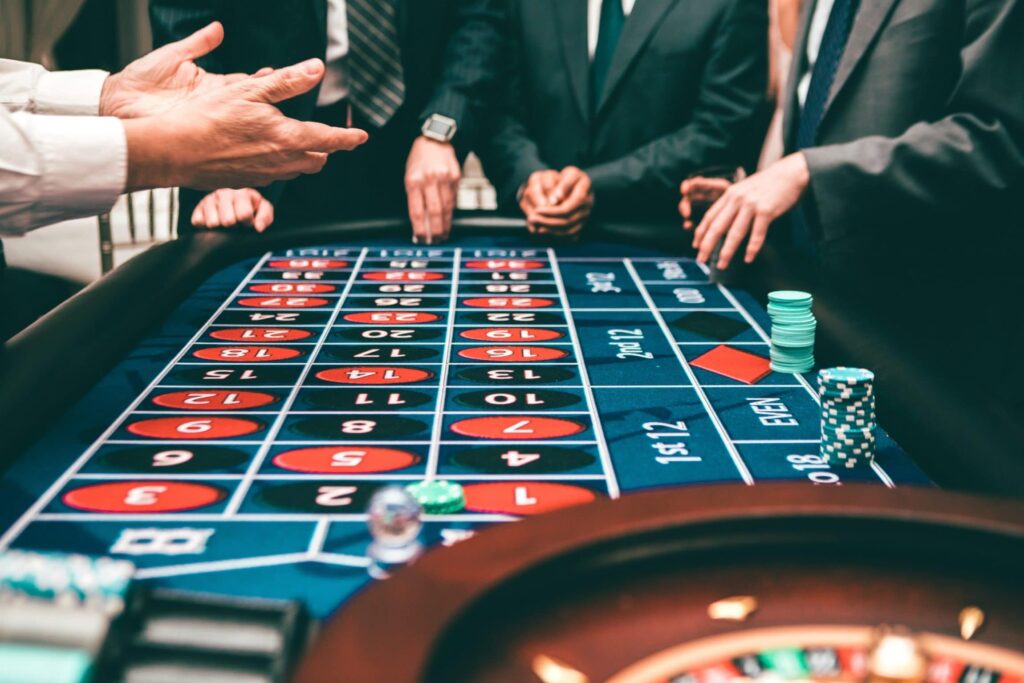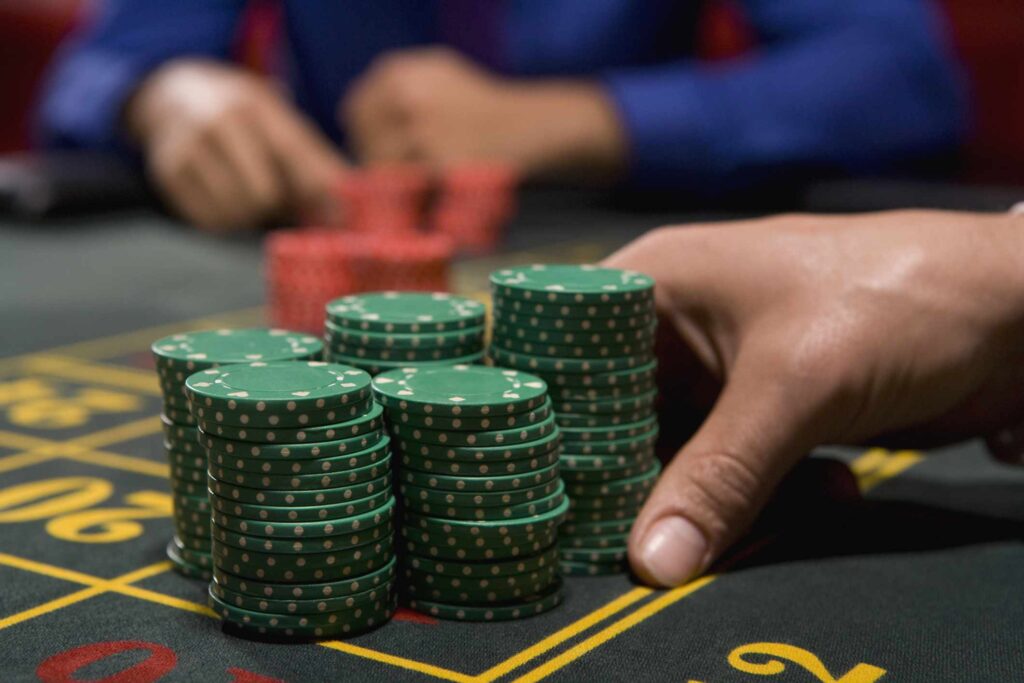If you’re into gambling and want to ask yourself if you have a possible disorder or if someone you care about has a potential gambling problem, then this article may be for you. Don’t worry – it’s valid, it’s normal. Some might say gambling can be a fun activity. However, it’s not fun, and it is not customary to have a compulsion to gamble.
By understanding the difference between gambling for creation and addiction, you can help figure out if you or a loved one lives with a gambling compulsion and when to seek help. Scroll down to learn more!
About Compulsive Gambling
Compulsive gambling is another term used for gambling disorder; it pertains to the urge to keep gambling despite its risks and the enormous toll it can take upon your life. Furthermore, it implies that you’re risking the essential things in your life for it so that you could obtain something of more excellent value.
It is known that gambling can boost the reward system in the brain. Think of it as similar to the way that drugs and alcohol can affect the brain. As a result, it can lead to addiction. If you have a problem with compulsive gambling, then chances are you keep chasing your losses, spending your savings, and accumulating more debt. You may even try to mask your behavior and resort to theft or fraud so that you can support your addiction.
Symptoms

Source: kentuckycounselingcenter.com
Compulsive gambling has many symptoms.
They are:
- Always thinking about gambling and planning gambling activities and ways to get more money for gambling
- Needing to gamble with more amounts of money to get the same thrill
- Having a hard time cutting back and stopping gambling without success
- Restlessness and irritability whenever there are attempts to cut back on gambling
- Using gambling as a solution to escape problems and relieve negative feelings
- Attempts to recover lost money by chasing more losses and gambling more
- Lying to people close to you about the extent of your gambling
- Losing essential relationships and other crucial things in your life, such as work opportunities and jobs, because of gambling
- Relying on others to get you out of trouble because the money was spent on gambling
Plenty of casual gamblers prefer limiting how much money they are willing to gamble. On the other hand, people who suffer from compulsive gambling feel compelled to continue playing casino games and casino slot machines so that they can chase their money back. Over time, the pattern of chasing losses can be calamitous, not just to oneself but to others. Desperation to get more money can lead others into crime, like fraud and theft.
Those who have compulsive problem symptoms can experience periods of remission, wherein they gamble less or avoid gambling. However, if they are not given the proper treatment, the period usually does not last for long.
Treatment
Some people benefit most from self-treatment. However, the truth is that many need help to help address their compulsive gambling problems. Unfortunately, one (1) out of ten (10) people dare to seek treatment.
Some people can stop gambling on their own. However, many people need help to address their gambling problems. Only one in ten people with gambling disorder seek treatment. There are many ways that gambling can impact people in various manners. Cognitive behavioral therapy (CBT), psychodynamic therapy, group therapy, and family therapy are part of the different approaches used to treat gambling disorders.
Moreover, counseling can be beneficial to help people understand how gambling can affect their families and improve their problem-solving skills.

Source: verywellmind.com
Wrapping Up
Pathological gambling can be a problem. However, it takes a lot of effort to understand, know, and process how gambling can negatively affect a person and their loved ones.



